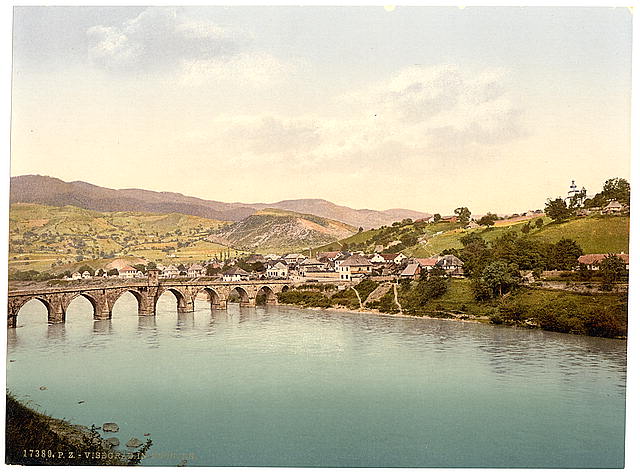This week, we bring you news from Sweden and Central Europe! In Sweden, Eva Wissting reports on the annual Stockholm literature fair and recent acclaim for writer Merete Mazzarella, while Julia Sherwood highlights lively readings across Central Europe from the 2021 European Literature Days and Visegrad Café program. Read on to find out more!
Eva Wissting, Editor-at-Large, reporting from Sweden
The annual literary fair, Stockholms Litteraturmässa, was held last weekend, for the fourth time, after having been cancelled two years in a row due to renovations two years ago and last year because of COVID restrictions. The fair, which is a single day event with no entrance fee, is meant to highlight the diversity of Swedish publishers. This year, it included an exhibit of around fifty publishers and magazines. There were also author talks and lectures on subjects ranging from democracy, climate, translation ethics, to literature about real events, as well as storytime events for the younger visitors and poetry readings. The theme of “the printed book” was meant to reflect current affairs in the publishing industry and was chosen because it can no longer be taken for granted that literature is read in its conventional printed book form.
Last week, the Swedish Academy announced that it is awarding Merete Mazzarella the 2021 Finlandspris (Finland Prize), which amounts to just over ten thousand US dollars, for her work in the Swedish-speaking cultural life of Finland. Swedish is the first language of about five percent of the Finnish population and one of the two official languages in the country. Mazzarella, who was born in 1945 in Helsinki, is a literary scholar and a writer who has published over thirty books since her debut in 1979. Her most recent book, Från höst till höst (From autumn to autumn), is an essayistic journal about living as an elderly person through the pandemic and its restrictions. Her books have been translated to Finnish, Danish, and German. Previous recipients of the award include author and journalist Kjell Westö (The Wednesday Club).



